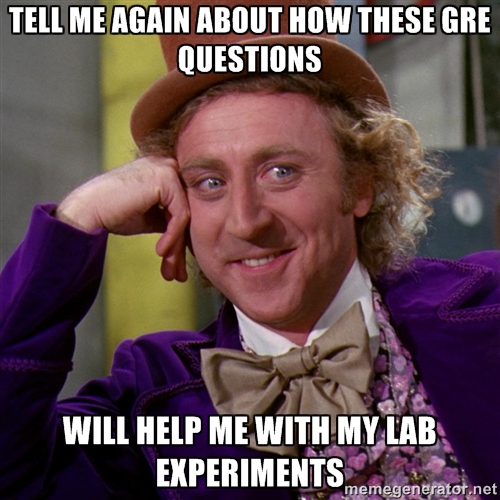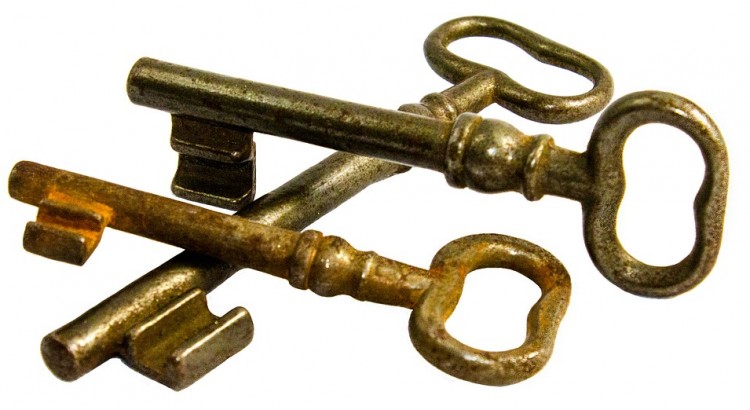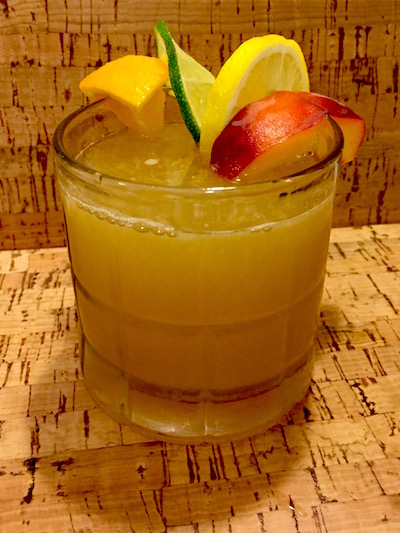Podcast: Play in new window | Download
Subscribe: Spotify | Email | TuneIn |
A driving test shows that you’re ready for your license. A pregnancy test shows that you’ve got a baby on the way. So what does the GRE show?
More often than not, it shows whether you’re a man or a woman, and the color of your skin.

You can’t spell “regret” without GRE
Identifying which students are ready for graduate school is a difficult task. Admissions committees receive thousands of applications, and they need to consider each student’s academic performance, extracurricular activities, work history, and personality. Naturally, they look for short-cuts to make the process simpler.
And with that, the GRE was born. The questions have changed over the years, but the basis remains the same: measure incoming graduate students on their abilities to understand and communicate in the English language, and see how much math they remember from high school. Out pops a simple numerical score that schools can use to filter the good students from the bad.
But recently, some administrators have questioned the efficacy of the tests. How well does the GRE predict success in graduate school? Do people with high scores make better scientists? Do those with low scores perform poorly in lab settings? The answers: no, no, and not even close.
While digging through the demographic records of GRE test takers, Casey Miller and Keivan Stassun discovered that
women score 80 points lower on average in the physical sciences than do men, and African Americans score 200 points below white people. In simple terms, the GRE is a better indicator of sex and skin colour than of ability and ultimate success.
Their paper titled “A Test that Fails” was published in Nature.
This week on the show, we discuss the unintended consequence of requiring grad-school prospects to take the GRE, and explore some better ways to predict which students will succeed.
Bourbon on a Budget
Josh searched high and low (mostly low) to find this week’s ethanol. It’s Evan Williams Single Barrel, a highly-ranked bourbon for under $30. We felt so bad about drinking the pricey Basil Hayden’s a few weeks ago, that we wanted to find something affordable on a graduate student budget. Cheers!
Resources
Impact of emotional intelligence on dental student performance





